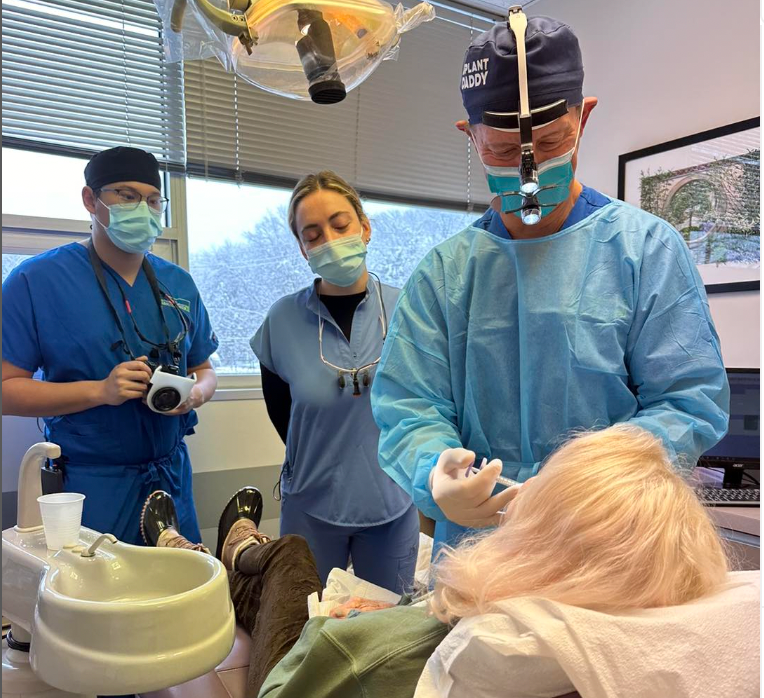Developing sound dental care practices from a young age is essential for maintaining strong teeth and healthy gums throughout life. However, motivating children to take oral hygiene seriously can be a daunting task. Here’s a guide to help cultivate positive dental habits for kids.
1. Initiating Dental Care Early
– Gum Care Pre-Teething: Start by cleaning a baby’s gums with a damp, soft cloth before any teeth emerge.
– First Tooth, First Brush: Upon the arrival of the first tooth, transition to a soft-bristled baby toothbrush.
– Appropriate Toothpaste: For children under three, use a rice-grain sized amount of fluoride toothpaste, and for those aged three to six, a pea-sized amount is suitable.
– First Dental Visit: Aim to schedule the child’s initial dental check-up by their first birthday or when their first tooth comes in.
– Establishing Routines: Introducing dental care early helps normalize these practices for the child.
2. Making Brushing an Enjoyable Experience
– Personalized Toothbrushes: Allow children to pick a toothbrush with their favorite characters or colors to make brushing more appealing.
– Engaging Songs: Play an entertaining song that lasts about 2 minutes to keep them engaged and ensure they brush for the dentist-recommended time.
– Interactive Play: Create playful narratives where they are brushing away “sugar bugs” or battling “tooth monsters.”
– Incentivizing with Charts: Use sticker charts to motivate brushing, with the promise of a bigger reward for consistent efforts.
– Role-Playing: Encourage role-playing by letting them brush their stuffed animals’ teeth or pretend to be the dentist.
3. Educating Through Engaging Narratives
– Children’s Dental Books: There’s a variety of books that present dental health and visits to the dentist in a child-friendly and relatable manner.
– Educational Apps: Numerous apps are available that combine learning about dental care with interactive fun.
– Informative Videos: Some animated videos simplify dental concepts in a way that is understandable and engaging for children.
– Sharing Personal Experiences: Tell relatable stories about your own dental experiences, highlighting the positive outcomes of good dental care.
– Consistent Messaging: Regularly reinforce the significance of dental health to keep the importance fresh in their minds.
4. Modeling Positive Dental Behaviors
– Brushing as a Family: Make tooth brushing and flossing a communal activity, showcasing the correct methods.
– Promoting Healthy Diets: Stress the value of a balanced diet and the need to limit sugary treats and drinks.
– Routine Dental Check-ups: Demonstrate that regular dental visits are a non-negotiable part of overall health, not just a response to problems.
– Positive Reinforcement: Exhibit enthusiasm about dental care to encourage children to adopt a similar perspective.
– Discussing Benefits: Talk about the advantages of good oral hygiene, such as having a nice smile and fresh breath.
5. Highlighting the Role of Flossing
– Introducing Flossing: Start flossing as soon as two teeth touch each other, using flossers designed for children.
– Teaching Techniques: Show them the proper way to floss, cautioning them to be gentle to prevent gum injury.
– Daily Flossing: Stress that flossing is as much a part of the daily routine as brushing.
– Educational Resources: Leverage videos, books, and guides that are specifically created to teach children about flossing.
– Supervising Flossing: Continue to supervise their flossing until you’re sure they can do it correctly and safely.
Cultivating good dental habits in children may require patience and inventive strategies, but the long-term benefits—a lifetime of healthy dental health—are well worth the effort. Keep in mind that habits formed in childhood often persist, so the effort you invest now can lead to enduring positive dental health outcomes for your child.




